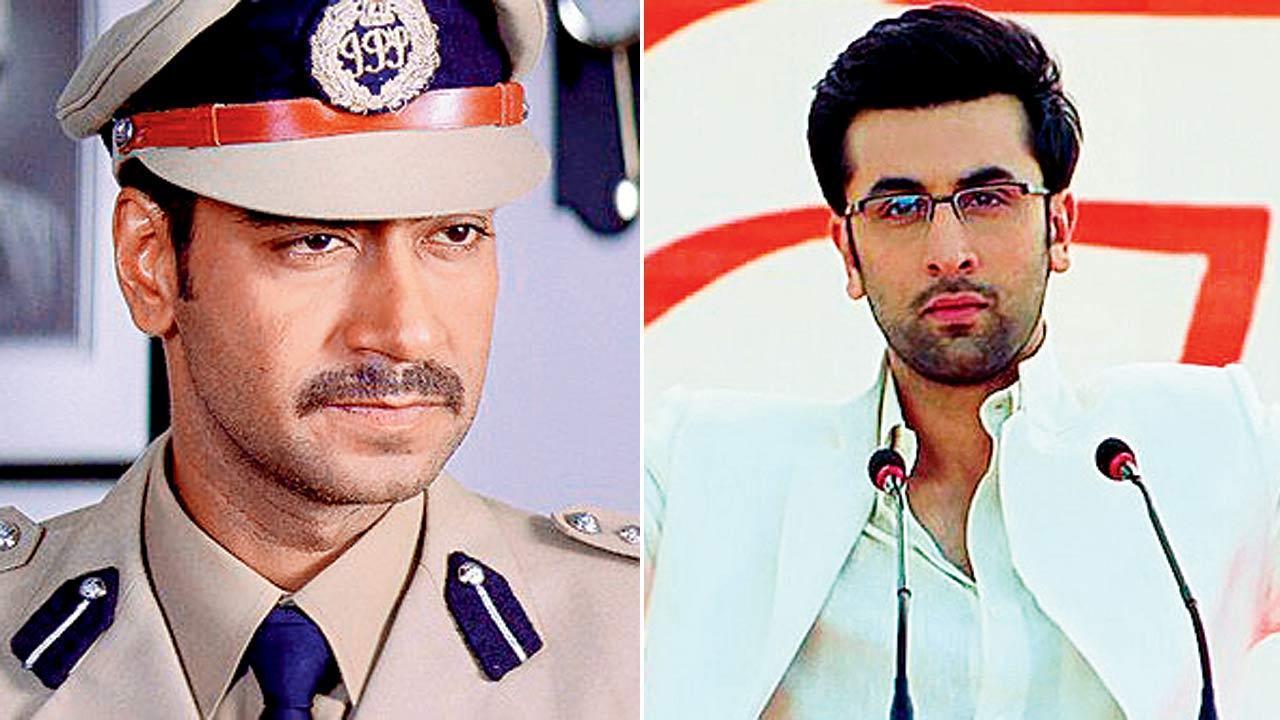
The performances in big tournaments often hinge on the leadership of the captain and the coach. This truism has echoed loudly during the ongoing ICC Men’s T20 World Cup, where 12 teams faced elimination in the group stage. New Zealand and Uganda, in particular, have experienced significant fallout, resulting in leadership changes. As Kane Williamson announced his resignation as the white-ball captain for New Zealand, Uganda’s long-serving T20 captain, Brian Masaba, has also stepped down, simultaneously bidding farewell to his career in the shortest format of the game.
Uganda, participating in their maiden T20 World Cup, managed to secure just one victory in their four matches, defeating Papua New Guinea. However, they faced defeats against the big names in Group C, namely Afghanistan, the West Indies, and New Zealand. Despite the occasional rays of hope, such as their impressive performance against Zimbabwe to qualify for the World Cup, Uganda’s overall campaign left much to be desired. Outgoing skipper Masaba has passionately called for greater opportunities and more matches for Associate nations against established cricketing giants.
Addressing his resignation, Masaba stated, “It’s something I have been considering for quite a while now,” during a heartfelt speech shared by the Uganda Cricket Association on social media on Wednesday, June 19. The captain described leading Uganda as the pinnacle of his career, expressing it to be “a privilege to lead my country, not just at a World Cup, but for the past five years.”
Brian Masaba’s tenure as Uganda’s T20 captain has been one of immense pride and notable achievements. Ending his stint as the joint-second most successful captain in men’s T20Is, Masaba’s record stands at 45 wins out of 60 matches. In doing so, he equals India’s Rohit Sharma in terms of victories as a T20I captain. Yet, Pakistan’s Babar Azam still holds the top spot as the winningest captain with 48 wins.
Let’s take a deeper look into some leaders in men’s T20I cricket who have made significant impacts:
– **Babar Azam (Pakistan)**: With 48 wins in 85 matches, Babar Azam stands at the pinnacle of T20I captaincy achievements. Under his leadership, Pakistan has exhibited consistent performances in the shortest format, notably underlined by their spirited showing in the T20 World Cups.
– **Brian Masaba (Uganda)**: Masaba’s 45 wins in 60 matches have seen him guide Uganda through numerous competitive fixtures. His captaincy has been marked by resilience and tactical nous, earning him a dignified spot among T20I stalwarts.
.
– **Rohit Sharma (India)**: Matching Masaba with 45 wins but in just 57 games, Rohit Sharma has been a strategic and charismatic leader for Team India. His captaincy was integral during several successful campaigns, further solidifying India’s dominance in international T20 cricket.
– **Eoin Morgan (England)**: With 44 wins in 71 matches, Eoin Morgan has been a transformative figure for England’s white-ball cricket. Under his leadership, England evolved into a formidable T20 side, characterized by an aggressive and fearless brand of cricket.
– **Asghar Afghan (Afghanistan)**: Recording 42 wins in 52 matches, Asghar Afghan has been at the helm during Afghanistan’s remarkable rise in T20 cricket. His leadership has inspired a new generation of Afghan cricketers, challenging top-tier teams regularly.
– **MS Dhoni (India)**: Known for his ‘Captain Cool’ persona, MS Dhoni amassed 42 wins in 72 T20Is. His tenure as captain of India saw numerous memorable victories and the nurturing of young talents who would continue India’s tradition of cricketing excellence.
– **Aaron Finch (Australia)**: With 41 wins in 76 matches, Aaron Finch has shown tactical acumen and aggressive leadership. His stint has been pivotal in Australia’s T20 successes, including their T20 World Cup triumph.
Although Uganda’s journey in the T20 World Cup ended earlier than hoped, Masaba’s captaincy has left an indelible mark on the hearts of Ugandan cricket enthusiasts. His tenure reflects a period of growth, not just for the team but for cricket in Uganda. While they exhibited moments of brilliance, their campaign’s conclusion calls for introspection and a strategic rethink. The hope remains that Uganda will receive more opportunities to face higher-ranked teams, fostering growth through exposure to top-tier cricketing standards.
With Masaba’s departure, Uganda cricket stands at a crossroads. The torch now passes to the next leader, who must build on the foundation laid by Masaba. His call for more games against the big teams resonates as a crucial step in their cricketing journey. The world will be watching, eager to see how Uganda navigates its path forward.










